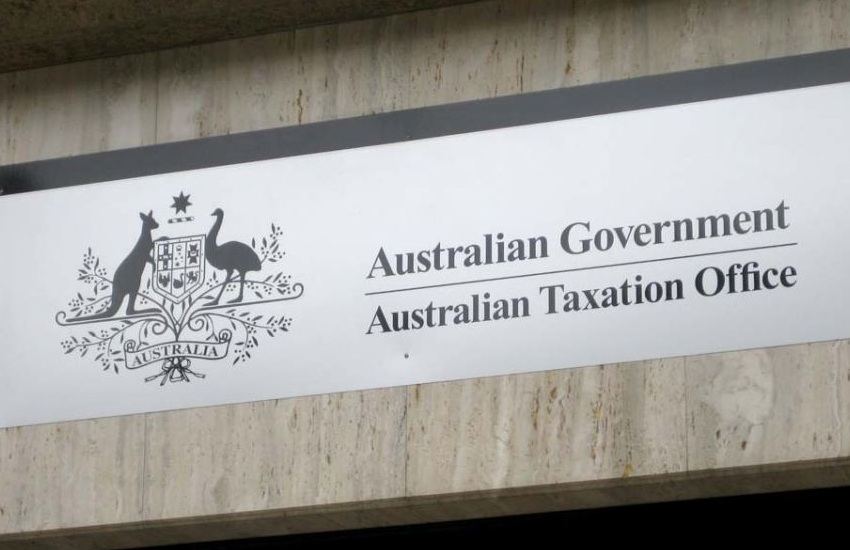High Court dismisses ATO appeal in divorce tax case
TaxThe High Court has ruled in favour of a taxpayer shifting her tax debts onto her spouse during their divorce property settlement proceedings, but a legal expert believes it will remain a difficult argument to make.

In December 2018, the High Court dismissed the appeal of the Commissioner of Taxation against a judgment of the Full Court of the Family Court that the Federal Circuit Court had the power to order that the Commissioner substitute the husband for the wife in relation to the wife’s tax debt.
The case, Commissioner of Taxation v Tomaras, revolves around a husband and wife who were married in 1992 and separated in 2009.
During the course of their marriage, the ATO had issued assessments against Mrs Tomaras for payments of income tax, Medicare levy, and penalties and interest amounting to $127,669.36.
Mr Tomaras was declared bankrupt in November 2013, and in December 2013, Mrs Tomaras commenced proceedings in the Federal Circuit Court against her husband seeking alteration of their property interests, including that he “do all acts and things and sign all documents as are necessary to release the [wife] from and indemnify the [wife] against any liability present or contingent including tax and bank liabilities, in respect of the [husband] or a related party of the [husband]”.
The Commissioner was granted leave to intervene in the proceedings in 2016, at which time the wife’s tax liability amounted to $256,078.32, comprised of the judgment debt plus interest.
The case hinged on s 90AE of the Family Law Act 1975 (Cth) where the court has power to order the Commissioner of Taxation to substitute one party to a marriage for the other in relation to a debt owed to the Commonwealth for income tax.
In the Full Court of the Family Court and the subsequent appeal to the High Court, the Commissioner relied on the presumption that the Crown is not bound by statute.
The Commissioner ultimately lost the appeal, but the High Court noted that “there will seldom, if ever, be occasion to exercise that power and adversely affect the commissioner or other creditors”.
Speaking to Accountants Daily, Swaab senior associate, Monique Robb said the case was a departure from the norm but believes it remains a difficult case to argue.
“The controversy in this case arises because the ATO took the view that the Crown was not bound by the Family Law Act, i.e. the court could not order the ATO to substitute one party for another in the way it could with an institutional lender, for example. The High Court disagreed,” said Ms Robb.
“As the court needs to ensure the substitution does not negatively affect the creditor in question, it is likely to remain rare for the court to order such a substitution. I anticipate that parties may seek orders to this effect on the back of Tomaras, but I am doubtful that the court would find many occasions where it was appropriate to make the orders.
“In my view, the High Court has confirmed the power of the court to substitute parties extends to debts owed to the Commonwealth, but has not increased the likelihood that one spouse will be made solely liable for the tax debt of the other party. I expect that it will remain a difficult argument, which would be significantly impacted by the ability of the substituted party to pay the debt.”




